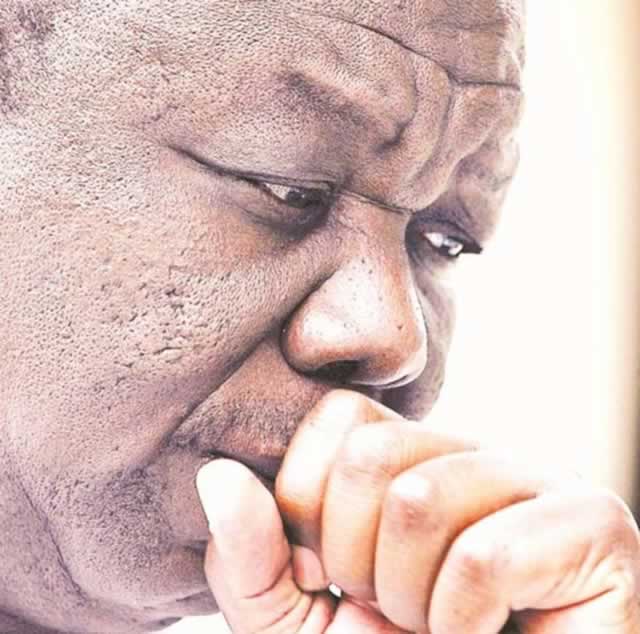End reign of terror
Ruth Butaumocho Gender Forum
The July 31 harmonised elections were peaceful, with no major incidents of violence reported countrywide. Ironically, the same men and women, who shunned violence did not do the same in their homes as evidenced by a surge in cases of domestic violence during the same period.
Their households became war zones, where couples battered each other, having failed to resolve their differences amicably.
The bane of domestic violence, which sociologists have identified as one of the major causes of marriage break ups, has continued to scar the family institution that society fights to keep intact.
So at a time when the nation was observing peace on the political front, domestic violence was being perpetrated from both angles, owing to a myriad of factors chief among them the issue of finances within the home, neglect of children and suspicions on infidelity, which in most cases were triggered by the social media.
If anything, the reported cases of domestic violence peaked during that time, and continue to go up on each single day, with each case, getting brutal and more heinous than before.
Dear reader, cases of domestic violence that I am referring to are not just mere skirmishes in the home, resulting in a few body scratches and a black eye, but are rather very tragic resulting in loss of lives, either on the part of the perpetrator or both parties.
The most recent case is that of a Harare business and football administrator Irvine Mereki who took his life and that of his long term girlfriend Claris Chopamba a few weeks ago, over an unknown dispute.
The couple is said to have been having problems, resulting in Mereki deciding to end both their lives, shooting his girlfriend first and turning the weapon on himself.
Only this week, Zimbabwe woke up to a bizarre case in which a Gweru man was fined US$100 for beating up his wife after he dreamt of her poisoning him.
The woman’s crime was lying next to a man, who had a nightmare.
Instead of dismissing the dream for what it was — a mere dream – he gave his wife a thorough hiding, accusing her of plotting to kill him.
This social vice has not only seen women on the receiving end, but several men have also been victims .
Sadly enough, much as society might want to treat it lightly, domestic violence in Zimbabwe is a growing problem and last year alone, and by November the police had recorded over 3 000 cases of domestic violence, with the majority of them having been perpetrated by men in marital set ups.
According to statistics from the Office of the Registrar of the High Court, from the crimes of passion dealt with in 2012, the number had significantly increased to June this year, a 60 percent increase, yet the legal year was not yet half way through.
This sharp increase is against the backdrop of enabling legislation like the Domestic Violence Act, which seeks among other purposes, to make provisions for the protection and relief of victims of domestic violence.
Despite the presence of all these legislations, what makes the whole problem of domestic violence complicated is that it is a widely and socially acceptable bad practice, making it difficult for some societies to roundly condemn it, since in some instances it is regarded as a disciplinary measure against an “errant wife”.
“Regai amborohwa, ndiko kuti agadzikane, haanzwisise,” you often hear people say.
I often tell relatives, friends and colleagues that if you are so often angry, and hurting inside to the point of destroying, maiming or wanting to kill the person you claim to love, then you have got no business being in that relationship with the same individual.
No matter how glorious your life, love or relationship may be at any given time of the month, but if that person incenses you twice a year to the point of wishing them dead, then you should not be in that union, marriage and relationship.
It is actually those rare occasions, where you will lose your sanity and bash that someone to death in a fit of rage over some trivial matter that could have been resolved, and only realise moments later that you have committed a crime.
I also tell those who have stoically borne violence and suffered in silence that they might need to seriously end that reign of terror in their lives, either by seeking help or alternatives of eradicating the problem.
It is up to an individual, to assess their own relationships and see if it is safe for them to continue in that union.
But there are instances where society may need to advise people to seek help when they are in a violent relationship.









Comments